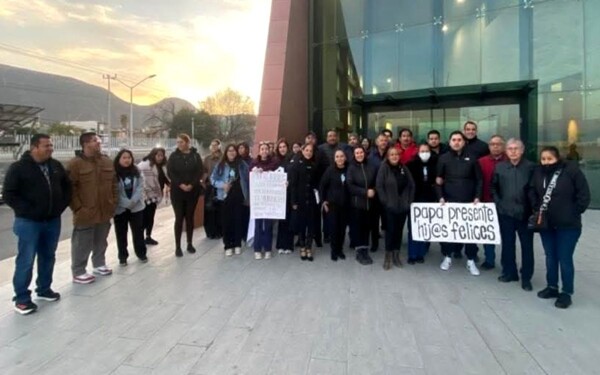The first intervention to correct spina bifida marks a significant advance in maternal-fetal care. The General Hospital of Mexico "Dr. Eduardo Liceaga" has successfully performed its first intrauterine surgery to correct spina bifida, a condition in which the fetal spine does not close completely during development, which can lead to severe neurological complications.
The case treated was that of Michelle, a 24-year-old woman with 24 weeks of pregnancy and a diagnosis of myelomeningocele. This fetal surgery represents a milestone in maternal-fetal care in the country and has proven effective in improving patient prognosis, reducing the need for postnatal interventions and improving long-term neurological function.
The procedure consisted of a mini-hysterotomy, a small incision in the uterus, which allowed for exposure of the fetal defect for repair by the neurosurgeon. Subsequently, the uterus was closed to allow for the continuity of the pregnancy. This technique has been shown to reduce the need for postnatal treatments and improve the baby's neurological development and motor function.
Dr. Juan Carlos De León Carbajal, fetal surgeon, emphasized the importance of appropriate prenatal follow-up to prevent or reduce the incidence of spina bifida. According to the specialist, this surgery has a significant impact on the baby's quality of life, improving their prospects by 60 to 70 percent.
Pregnant women are advised to maintain a healthy lifestyle, take folic acid supplements, and undergo timely ultrasound studies for the early detection of possible fetal anomalies. In Mexico, the incidence of myelomeningocele is 15.76 per 100,000 live births.
Michelle, the patient who underwent the intervention, shared her gratitude towards the healthcare staff for their commitment and dedication. In her words, "This condition can lead to mobility issues, bowel and bladder control issues, and learning difficulties. Thanks to them, I will soon be able to hold my baby in my arms and give him a chance at life even before birth."














